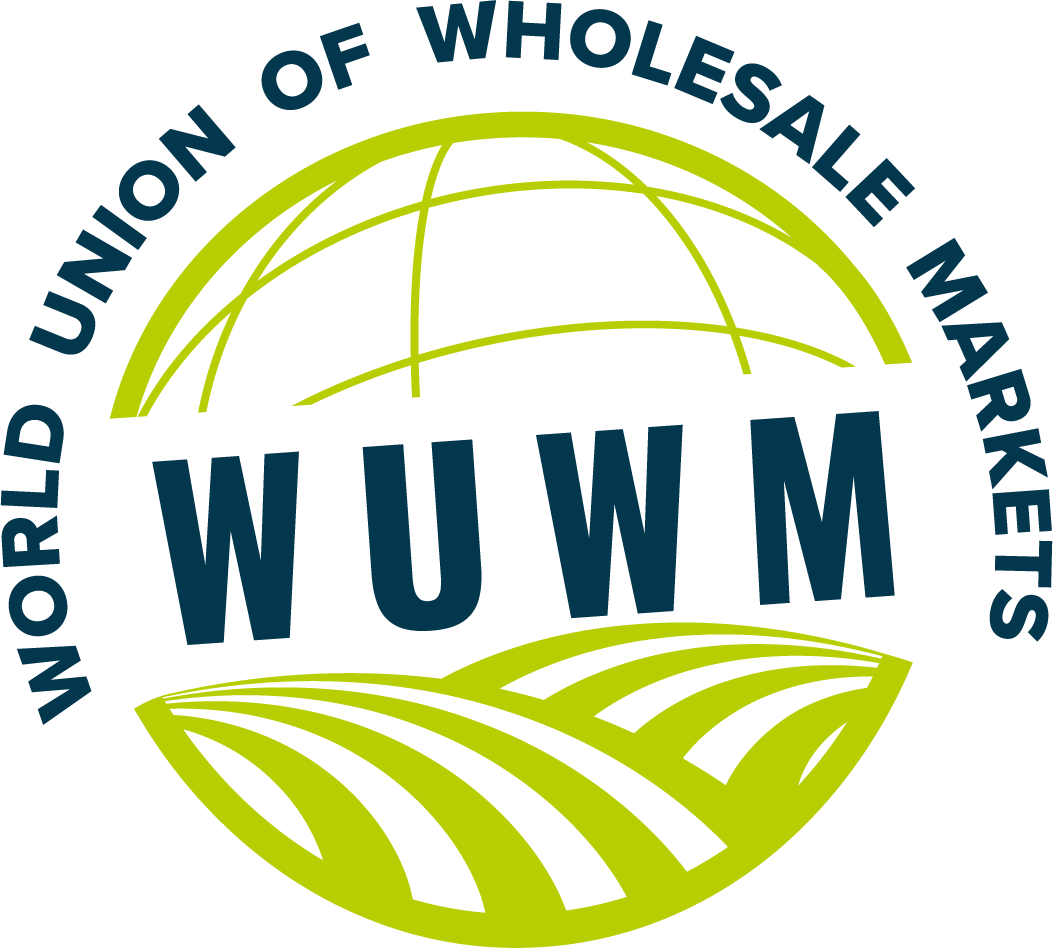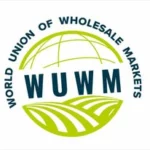Executive summary:
During the WUWM Conference in Gurugram experts discussed current challenges to the industry, such as changing legislation due to the need for sustainability, the necessity for better waste management, and the battle against food loss. Attendants also discussed prospects of wholesale and retail markets and best practices for future markets. New technologies such as 3D-printing, artificial intelligence, and blockchain are some of the most promising innovations that can make significant improvements to market services. Furthermore, the conference discussed trends in market networking and e-commerce. Online business removes intermediaries and can be quick and easy.
Key outcomes:
- Some of the new challenges that the industry should focus and collaborate on are:
- Changing/stricter food legislation
- Waste management
- Green market
- Save food
- Adoption of markets enhancement technology
- Logistics management
- Quality market management
- Digitization and e-commerce: If markets do not stay up-to-date they can become outdated like the Nokia mobile
- Wholesale markets of the future are
- Situated next to the city
- Functional shops
- Have cold chain requirements
- Critical mass of merchants
- Excellent sanitation
- Green tech
- Technological ready
- Socially responsible. This includes specialized level training, management to reduce food waste, help people in need, measures to improve the environment
- New technologies should be welcomed with excitement and can give WUWM members great opportunities. Such as:
- 3D printing: can provide opportunities for customization
- Artificial intelligence software: can enable the use of dynamic pricing
- The Internet of Things: can help create customer lock-in effects through switching costs
- Blockchain technology: can provide real time records and help provide add-on services such as insurance and finance
- Given the imperative to be innovative, it is important to develop a mind-set that does not fear failure – the motto, “fail fast and fail cheap” calls for small tactical business experiments rather than huge resource commitments to big changes. In addition, do not always rely on change driven from the top; listen carefully to the voices from below in your organization.
- E-commerce as to the example of rungismarket.com provides for advantages, challenges for wholesalers, and easy navigation:
- Advantages
- International visibility
- Attract new clients
- Mutualized logistics: being able to deliver worldwide
- Indirect advertising
- Remove intermediaries
- Challenges
- Different health restrictions for each country
- Risking brands and reputation
- Exit the traditional profession
- Digitalize catalogues
- Some IT systems might need to be updated
- Develop new processes for order picking and deliveries’ organization
- Develop dedicated logistics lines
- Easy navigation
- A search engine which allows to directly make a research by requested product or sought seller
- An input by products that allows to browse by large products’ families
- An input by sellers that allows to browse by line of business
- A fact sheet for each product that allows to ensure their traceability
- Advantages
- Flag pavilions and stores shared by small and medium operators increase the offer to operators but also give new commercial opportunities to the customers. One pavilion, several products and companies.
Main issues discussed:
- Modernization, New Technologies and Market Networking
- Pawanexh Kohli, CEO, National Center for Cold Chain Development (NCCD), Ministry of Agriculture and Farmers Welfare
- Srinivasu P., Global Head Digital Farming Initiatives, TCS, Hyderabad
- Ashok Dalwai, CEO, NRAA, Chairman Committee on Doubling of Farmers Income, Govt. of India
- Sumanta Chaudhuri, MD, Small Farmers Agribusiness Consortium (SFAC)
- Reshaping Markets, Strategies and Operations
- Rui Paulo Figueiredo, CEO, SIMAB, Portugal
- Kanana CEO Johannesburg Market, South Africa
- Ramiro Cavazos CEO CONNACA, Mexico
- Dr J.S.Yadav MD COSAMB, India
- Tejedo CEO MERCABARNA, Spain
- M. Pallottini CEO CAR ScpA, Italy
- Models of Integration and Innovation
- Triantafyllis CEO Central Markets and Fishery Organization (Greece)
- Marc Spielrein, Hon. President WUWM (France)
- Wu Mengqiu, President of Shanghai Vegetable Group (China)
- Dan Carmody, President Eastern Market Corporation (USA)
- Ricardo López Pietsch, Director of International and Projects Dept., MERCASA (Spain)
- Carrara, Rungis Market/ SEMMARIS (France)


